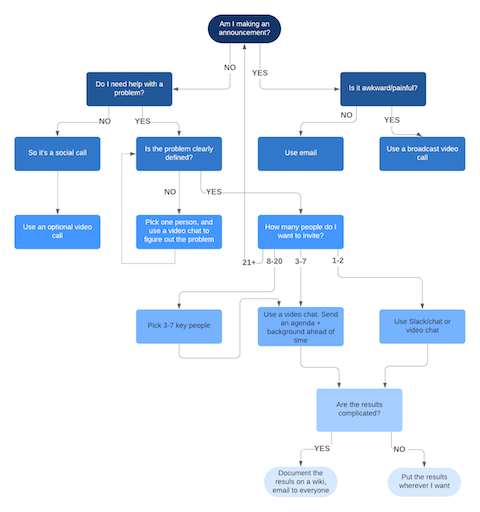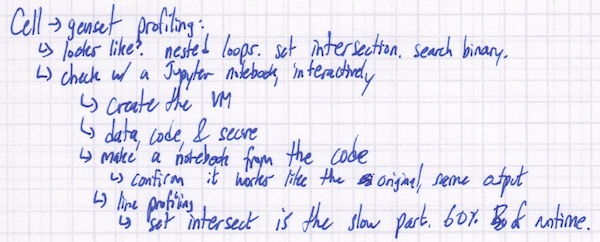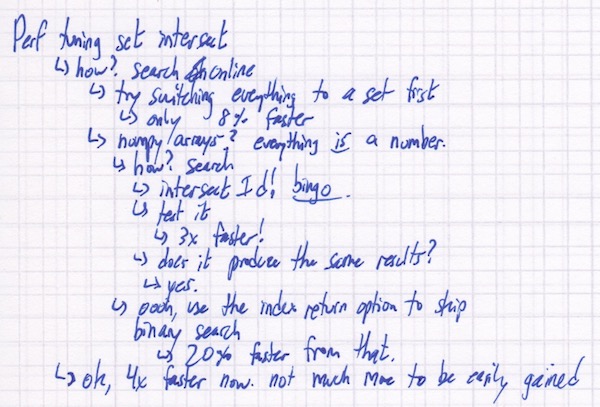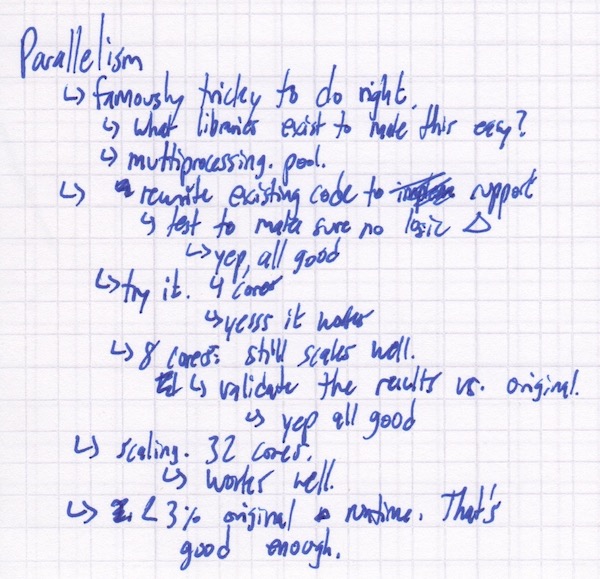2020 in Review
02 January 2021
2020, the Plague Year, is over.
But I live in the United States, so 2020 was
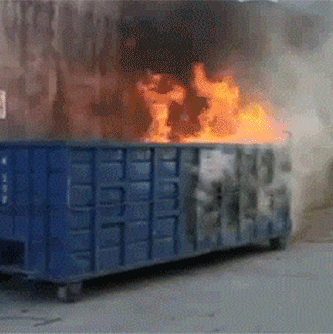
Despite that, I learned valuable things. Here’s the top 10.
1. We Grow When We’re Vulnerable
“Life is either a daring adventure, or nothing at all” – Helen Keller
Early this year, I spent a month in Brazil, playing music during Carnaval. It was one of the great adventures of my life.
I spoke little Portuguese, attended music classes I wasn’t ready for, and experienced a new culture. I came back with an important lesson: we grow when we’re vulnerable.
“The real voyage of discovery consists not in seeking new landscapes, but in having new eyes.” – Marcel Proust
2. Adapt and Overcome
“The only constant is change” - Heraclitus.
The arrival of the COVID-19 pandemic forced dramatic change. I have worked from home since March. I go to indoor public spaces only for groceries or take out. Travel, dinner parties, and musical performances are a distant memory.
Compared to others, I have it easy. All I did was:
- Figure out how to permanently work from home.
- Help my samba group practice outside, socially distant, in small groups.
- Devise safe ways to stay in touch with friends and family.
- Find ways to support my community.
I used a great tool: experiments!
At the start of every month, I created experiments. At month’s end, I evaluated whether the results were desirable. 50-60% of my experiments didn’t work. I failed fast. Failures are temporary, success enduring.
Some examples:
- “Did 15 minutes’ daily exercise help with strength training? Was that mentally easier to do than 30 minutes, 3 times a week?”
- “I delayed breakfast until 11am each day. What was the effect on my morning? Was it easier to eat fewer calories that day?”
- “If I change reminders for
Xfrom weekly to biweekly, are they still effective? Is the difference worth the time saved?” - “What’s my ideal pomodoro time? 60 minutes? 90?”

Imagination is a superpower: the ability to guess what may happen without doing it. It’s easy, fast, and often accurate.
Hindsight is a superpower: the ability to look back at events, learning why something happened.
Imagination, experiments, and hindsight are how I adapt. I had the luxury of time to do so.
“Insanity is doing the same thing over and over again and expecting different results.”
3. Habits, Habits, Habits
Willpower is a finite resource, so habits are how we do almost everything. We all can develop habits: low-effort ways of getting things done.
To develop a habit, I made daily tasks. I was often pitting one desire against another: “I’m feeling hungry and lazy, so I’m going to go home and eat my curry, rather than get takeout”.
4. F.I.R.E., Cooking, and Health are the Same Thing
I have been doing health experiments since 2018. This was after years of eating a typical American diet and having an office job.
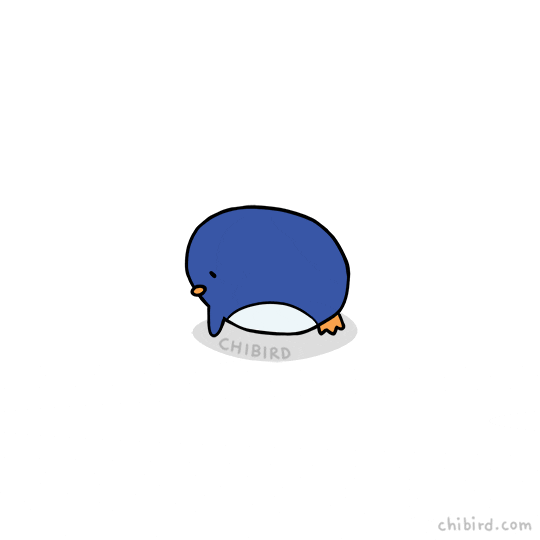
I found a simple path to health: make curry and eat it.
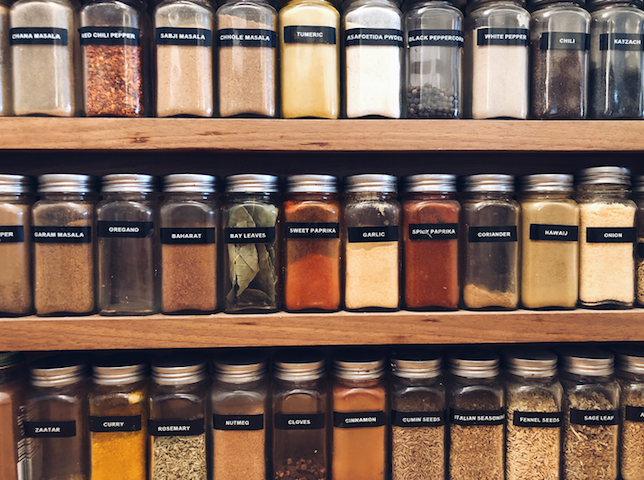
I find healthy recipes, cook, and optimize my grocery costs. I make all my meals for a week in a few hours by batch cooking. Luckily my childhood comfort food is healthy.
Also, I have been adopting FIRE practices. I want to retire before ageism kicks me out of the tech industry. I’m not alone; many others are saving more during the lockdowns.
Eating intensely flavored, mostly vegetarian food is healthy, affordable, and delicious.
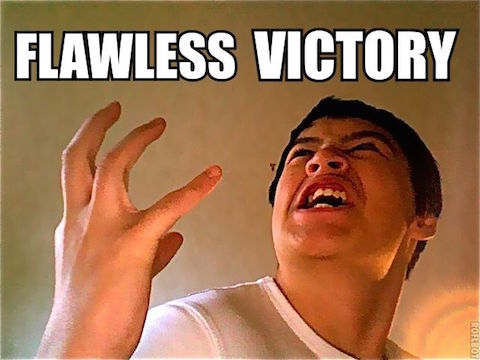
5. Relationships, Relationships, Relationships
I have maintained my sanity during the COVID-19 pandemic for one reason: I have amazing people in my life.
I am lucky to have a strong, loving partner, and several close friends. At the start of the lockdown there were several weeks of transition. I spent time maintaining those relationships, despite seeing people outside/remotely. Awkwardness ensued. Awkwardness is fleeting. One tip: say the quiet part out loud. Tell people you care for them.
After it was clear that being outside is safer than inside, I spent lots of time outside. A walk in the park was my de-facto way to see friends. My samba group started meeting in small groups, outside, staying 6 feet apart, with everyone wearing masks.
Moving, sunlight, and playing with dirt are great ways to reduce depression and anxiety.
“The clearest message that we get from this 75-year study is this: Good relationships keep us happier and healthier. Period.” - Robert Waldinger, director of the Harvard Study of Adult Development
6. Optimizing for Productivity is Powerful. And a Trap
I’ve written about getting things done: taming email, using to-do tasks, using a personal knowledgebase.
This year, I relied on those methods. The result? I was able to do a lot on a good week. More often, though, I was able to do what I needed while adjusting to the unexpected.
This had a cost. I spent my waking hours checking items off a to-do list. It’s not a great way to live.
I learned a powerful lesson: There is never enough time. When everything is important, nothing is.
7. Fog
Humans are social. We’ve evolved to survive in groups. Covid-19 took that fundamentally healthy need and made it dangerous. Absolutes don’t help. Very few of us can hermitize for months.
Tragically, there is a fog of missing and incorrect information. There is no central, extensive, accepted source of information about harm reduction approaches. This is a preventable tragedy.
Here are some questions I’ve had to guess the answer to:
- If I take my grandmother to a doctor appointment, is it safe enough if I wear a KN95 mask? Should she wear one? Should I wipe down her seat with Lysol? Should I keep the car windows down the whole time?
- How risky is it to get take-out? What if there’s a line in the restaurant? How does this compare to drive through?
- If I stay at an Airbnb for a few days, how long should I leave the windows open to air it out? What are the riskiest spots to wipe down?
- Is it safer to get bulk groceries every other week, or a quicker/smaller amount of groceries every week?
- If I’m hiking and someone passes by without a mask, should I hold my breath? If so, for how long? A few seconds? 10?
- What’s the level of risk for meeting a few people outdoors, 6 feet distant, wearing masks, for a couple of hours? Is there any way to make it safer? Meet somewhere windy?
- If I want to see the dentist for a non-emergency procedure, what safety precautions should I ask about? Ventilation? Air purifiers? Open windows? Everyone wearing a surgical mask? Sick leave?
- If my niece’s school reopens, what should she do? What are good messages to tell an 8-year-old? Which steps should I emphasize most?
Everyone has had to make their own safety calculations (or not). We had different information sources. Many of us are making the best choices we can, which can be uninformed mistakes.
8. Appearance Over Reality
Individuals, organizations, and institutions value appearances over reality.
- People put appealing photos on social media, to seem more glamorous/adventurous than they really are.
- Companies say they “care about their employees & customers” but work their employees harder, reduce safety testing, knowingly hire contractors that use child labor, and don’t stop after they are caught.
- Politicians tell us to stay home and avoid public spaces, then go on vacation or eat at fancy restaurants.
- Other politicians ban mask mandates, cut funding to hospitals, and keep superspreader locations (e.g. bars) open.
- Universities claim they value educating students yet cut faculty salaries while hiring more administrators.
hypocrisy: a feigning to be what one is not or to believe what one does not : behavior that contradicts what one claims to believe or feel
My society is losing integrity. It is as if we have become averse to uncomfortable truths. Is some bit of health advice, economic news, or message uncomfortable? Ignore it.
Do you want to do something unethical, malicious, or greedy? Spin it, change the rules, or hide the evidence.
Societies, states, and groups need integrity to survive. There are now pervasive, perverse social incentives to being dishonest. This is dangerous.
I rarely hear about the social contract, “treat others as you wish to be treated”, “collective sacrifice for the common good”
People argue about wearing masks, when doing so can stop suffering and death. It’s only a piece of cloth!
9. Privilege
I’m a privileged minority that can work remotely from home.
I did not earn that safety. I’m lucky that I can do so, in a country riven by inequality. No one in my immediate family must be at a high-risk job to make ends meet. My immediate family and close friends are all alive. I am grateful for the latter, every day.
It is impossible for most people to keep themselves and their loved ones safe during this pandemic.
I hear politicians speak, and it is obvious they don’t know about going hungry, scrambling to make rent, or working two jobs while parenting. They say they represent the people, and yet by their own (in)actions let people suffer and die. I hear corporate executives whine about needing bailouts after buying back stocks. They lay off workers and give themselves bonuses.
10. Help Others
COVID-19 has caused unimaginable suffering: hunger, homelessness, lingering illness, death, illiteracy, loneliness. I’ve read thousands of articles and anecdotes; the horror is impossible to grasp.
Doomscrolling isn’t helpful. Instead, I implore you to help others. It is the right thing to do, hastens the end of this calamity, and is good for your mental health. If you’re reading this, chances are you’re one of the lucky ones.
Be safe, Be healthy, and take care of each other.
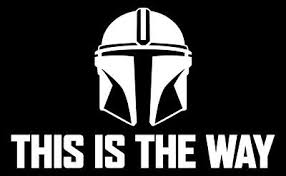
Working From Home
31 August 2020
COVID-19 changed the world. It has started a Pandemic Depression.
I’m fortunate to have a job, one I can do from home. I’ve made changes to work remotely until 2022:
- Build a routine that suits me
- Use the right tools
- Do one thing at a time
Work
I build infrastructure and pipelines to do computational biology, mostly single-cell genomics. It’s messy, so constant communication is key to getting anything done.
I work in a great team. Communication is the critical skill. Covid-19 has scrambled the foundation of my job, working with colleagues.
- No serendipity - The most productive conversations are organic. I.e. chatting over lunch, after a meeting, or in a hallway.
- Harder to Trust - There’s a bond of familiarity and trust that builds when you work with someone. Creating, and maintaining, bonds is far harder over text or video.
- Complexity of Life - Everyone is busy with the unexpected: home schooling, money worries, health concerns, family struggles. It is impossible to sustain typical productivity right now.
Remote engineering is a difficult endeavor, requiring careful skills and clever dynamics.
As a result, I’ve made changes to the way I work. I make a conscious effort to connect with colleagues. I talk about more than work during video meetings. I remember that we are all in this together.
Building new habits is critical. Little rituals can become touchstones. A daily email check-in. Video scrum. Virtual happy hour. Silly Hat Day. Many of us are creatures of habits; new routines will persist.
Communication Tools
Different tools solve different problems. I choose tools to suit the problem at hand.
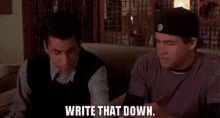
Focus
My job is to solve problems. Though I’m balancing different issues every day, I can solve only one problem at a time. I have to focus.
I have synthesized different approaches into my own method for getting things done…
Dev’s 83 Minute Cycle
- Get Settled
- Mute my phone, put it in my pocket, and say I’m busy on Slack
- Close my eyes, and take 5 deep breaths
- Start a 65-minute timer - My ideal pomodoro time is about 65-70 minutes
- Put on quiet background sound. This works better than music.
- Framing
- Stand up, and close my eyes
- Use pen + paper to figure out the problem to solve.
- What question needs answers first?
- What’s the simplest, clearest framing of that question?
- How do I answer that question using tiny steps?
- Do Work
- Do each tiny step, until I can answer my small question.
- Use paper to figure out the next small question I need to answer.
- Repeat until I’m done, or the timer goes off.
- Wind Down
- Write down key lessons
- Stand up, stretch
- Take a 10-minute break. Walk outside.
- Reply to messages on my phone, email, or Slack
…and repeat
Tools
Process is important. Software engineering is a craft. I learn by doing, & am only as good as my tools and technique. My tools are a keyboard, a screen, a terminal window, a text editor, and web browser. One tool, however solves most problems:
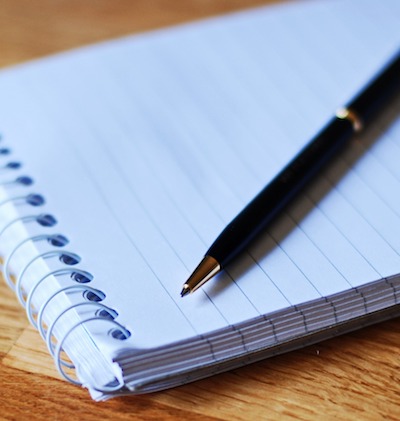
Example - Performance Tuning
Last week I was speeding up some slow genome annotation code. It was analyzing 14K cells, with each cell expressing potentially 33K+ genes. The code processed cells one by one, with each cell taking 5 seconds. That’s a 19 hour runtime.

The code needed to be faster. That’s the simplest version of the problem. I wrote down a few ideas for solving it. I checked my personal knowledgebase for useful notes.
Then I did performance profiling:
Looks like set intersection is the bottleneck. I optimized that bit of the code:
This reduced the runtime to .89s per cell (3.5 hours total). Next, I added parallelism:
With 8 threads, the runtime dropped to 27 minutes, a 42X speedup. With 32 threads, the runtime dropped to 17 minutes, a 67X speedup. I’m content with that.

Solo Work
I usually solve problems alone. When the covid-19 lockdowns started, I didn’t appreciate its full impact. I could theoretically do everything at home.
The first challenge: I am a creature of habit. I was flailing during the first few WFH weeks, building a new routine.
After weeks of experimenting, I identified a good routine, to build new habits. Changing my environment, rather than relying on willpower, is key.
My new routine:
- Wake up when I want to (early)
- Log into my work computer. I use it for all work, and only work.
- (A separate username/profile does much the same)
- Drink tea and get organized
- Work in 83-minute cycles until I’m done.
- Go outside for 20 minutes, to transition away from work
- Do anything else to relax
- Prep for tomorrow
- Get plenty of sleep
I try to avoid counterproductive behaviors:
- Working sleep deprived
- Working at night
- Attending meetings without enough prep
- Thinking on a full stomach
- Relying on willpower/grit over environmental influence
- Working more than 40 hours a week
- Doing more than 1 thing at once.
- Battling one problem for too long. If I’m stuck, I should stop, and come back later.
- Doing too much
- Using Facebook
- Focusing on time, and not goals, or results
- Estimating how long anything will take
One key decision was picking working hours and transition behaviors. I have a morning routine to get oriented for work: tea, deep breathing, and writing down my plan for the workday.
At the end of the day, I go for a walk, and do nothing but breathe, and absorb sunlight. I’m mentally ‘put away’ my thoughts about work.
Bad boundaries between work and personal time is a foolproof way to ruin your quality of life. When I do have bad boundaries, I can’t focus on my work, my partner, my hobbies, or anything else. It causes problems.
Work Technology
Software engineering is a physical, human process. Nothing we do is ephemeral.
I’ve replicated aspects of work at home. Let’s start with the physical.
Ergonomics
It’s unhealthy to sit for long periods. If you must do this, body mechanics are crucial.
- Sitting - I use a kneeling chair. It took me a couple of weeks to adjust. It helps.
- Display - I love a large screen; I can keep open 3 terminals, 2 editors, a web browser, and my wiki. You can get a high-quality 42”, 3840x2160 display for $240. I love mine.
- Input - I use an ergonomic keyboard and a wireless mouse. I spend a few minutes each day practicing keyboard shortcuts. I’m faster and healthier when I use the keyboard for everything.
- Cold Water - I do better when I drink water. I have an array of water bottles in the fridge, making it easy to drink ~3 liters a day.
I have effective technology tricks:
- Sound - A good pair of headphones is heavenly. I can’t tell you how much easier it is to work with background sound. I use a $40 pair of Bluetooth headphones.
- Backups - I use cloud storage, spinning rust, and the 3-2-1 method to back up my data.
- Fast Internet - This is the hardest bit, because I very little control. My two options for Internet are 3Mbps DSL (🤢) or
Comcastthe local cable monopoly. (Side note - why isn’t there an instruction manual on how to create a small ISP? I’d start one for my city if I knew how) - A Duck - I solve a lot of problems by Talking to the Duck. It’s hard to do with no coworkers around, so I use paper, and mutter out loud. I don’t resemble a madman at all, no sir.
As I’m writing this, I’m reminded of a common machine learning error: overfitting. By tuning my actions to specific circumstances, I am not prepared for the unexpected. That’s a thought for another day.
Privilege

The title of this post should have been “First World Optimizations”, not “Working From Home”.
I am very aware that I’m lucky, and privileged, to be in this position. Several months into the Pandemic Depression, and I still have a stable job. I can do my job from home, and have the space to do it. I can be physically distant. I can afford to go into shared indoor spaces (grocery stores) for <20 minutes a week. My community and local government take reasonable covid-19 precautions (masks, social distancing). My neighborhood has a low rate of spread.
I am in this place in part because of privileges I didn’t earn. I grew up in a neighborhood with good schools teachers. My home life was stable enough for me to focus on my education. My childhood interest happens to align with a lucrative career. I have inherent privileges because of my gender. So, all that I’ve written about doesn’t amount to much, because it’s not about our civil society.
My next post is about supporting one another. Until then, I hope you, your friends, family, and community, are surviving and coping. We live in trying times, and we are all connected.
Permalink
